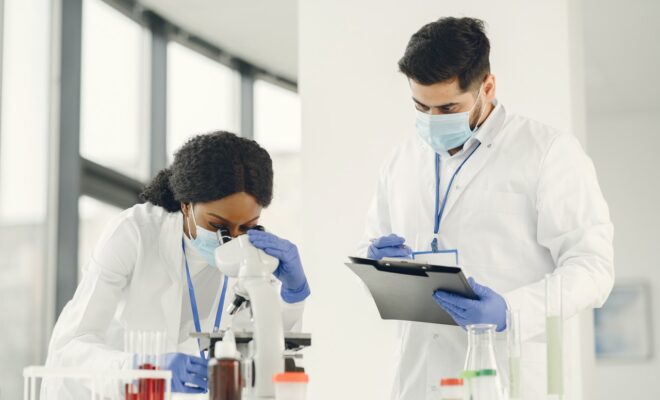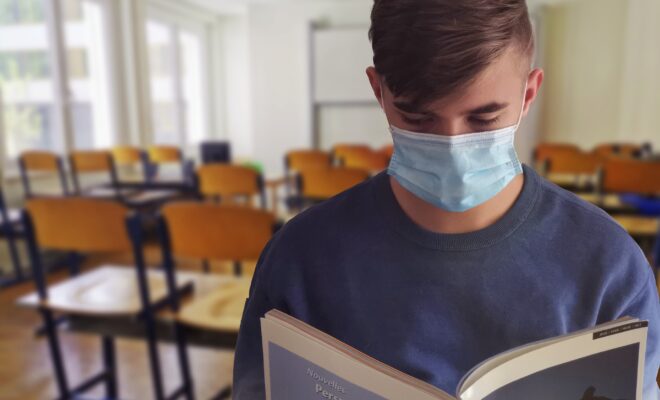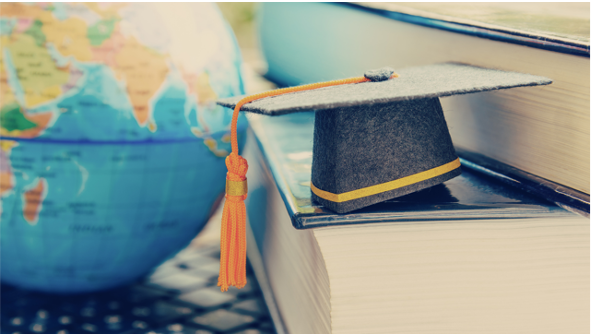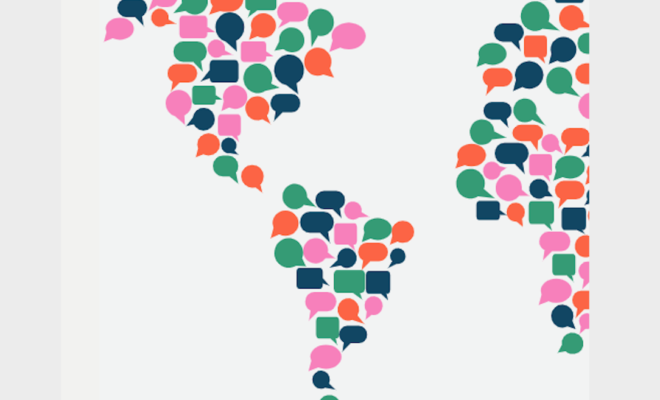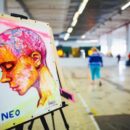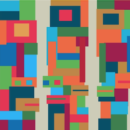Transforming the futures of higher education with and for youths
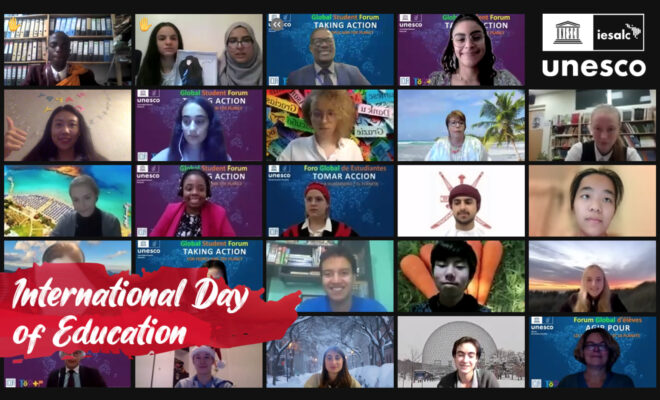
By Bosen Lily Liu, Dana Abdrasheva, Eglis Chacón, Luz Gamarra Caballero, Simon Wanda Makokha, and Emma Sabzalieva. 24 January 2022 | Education is a universal human right. As an integral part of the education continuum, higher education is a bridge that links knowledge learned in school to practice in society. When we talk about higher education and what it might be like in the future, these conversations should involve young people currently in school: not only are they the future generations of higher education students, but they will also be taking our futures forward.
In honor of International Day of Education, UNESCO IESALC is pleased to share the voices of youths from around the world, their reflections on their next steps in education and how they see higher education contributing to their own development and to the world we share.
Empowering youths through transformative education
Youths’ voices were raised during the First Virtual Global Youth Forum, which took place in December 2021. Organized by UNESCO Associated Schools Network with the participation of UNESCO IESALC, a total of 130 students aged 14 to 20 and 20 youth leaders from over 55 countries came together to actively participate in three days of discussions on education, climate change, human rights, sustainable development and more.
To empower youths, the Global Youth Forum was co-designed by youth leaders with students to capture their voices and reflect on what and how they would like the Forum to be as well as have their key messages heard by policymakers.
As part of the Futures of Higher Education project, UNESCO IESALC collaborated with the Global Youth Forum organizers to facilitate 10 interactive workshops on transformative education. During the workshops, which were conducted in English, French, and Spanish, participants reflected on how the current education system in their context plays a role in inspiring (or discouraging) them to take action for people and the planet.
From this starting point, youths debated the extent to which education at all levels, including higher education, has prepared them to be changemakers in their own community, country and/or region. Participants were encouraged to outline what their own path in the lifelong journey of education might be, discussing how education can support them both in achieving their personal goals as well as making societal impacts.
Education for sustainability and development
Participants in the workshops were hopeful about their next steps and yet concerned about the journey to that future. Their hope was reflected in their belief that with their hard work anything is possible. For example, one student from China said she sees herself as a part of the movement reversing inequality in rural areas. A youth from Sudan noted their view that ignorance is rooted in the lack of education, and access to higher education is the key.
Students are concerned with the way our planet is treated today and what may happen to it in the future if we do not take action now. Measures such as more responsible consumer habits or raising more awareness on sustainability in school curricula may be helpful.
Another topic raised by students was the need to improve their education systems to promote leadership for the future. To build future leaders to combat climate change, students highlighted the importance of relevant changes that education must undergo to prepare global citizens.
Education systems should pay more attention to the development of human beings instead of the development of workers to serve the system. As one participant from Poland said, “education should provide all the necessary tools for life flourishment, in the holistic form that engages all our parts.”
Laying down a challenge for higher education
Across the workshops, participants called for free education with access for all. They want the freedom to have their passions and interests being supported. Most of the youths told us that they see higher education in their futures, either in their country or abroad.
In one of the Spanish language workshops, participants expressed concerns about access to education for all with adequate conditions. They mentioned factors such as technology, infrastructure, materials, resources, and most of all, teachers who are well prepared and empathetic. Students want teachers who invite them to care for people and communities and who help them open up knowledge including ancestral ways of knowing. Ultimately, they want education that is for students, with students at the center.
Participants challenged higher education to do more in the future, not only in teaching and learning, but across its functions. As Stevie, a student from New Zealand, mentions in the video: “I would like universities or higher education institutions to have to change the way they educate students and consider what the main purpose or goal of their education actually is”.
Youths also hope that future higher education can help people find solutions and face societal problems with innovation, collaboration and understanding of multiculturalism.
Next steps for tomorrow’s students
At the end of the workshops, the Global Youth Forum participants were asked to summarize what they want their next steps in education to be and how they see higher education supporting future changes for people and the planet.
Watch this short video to learn what a selection of the youth participants had to say:
Speaking after the Global Youth Forum, Vittoria, a student from Belarus said, “The forum was lively, energetic, and inspiring. One takeaway from the discussion was how there are both similarities and differences across global contexts. Everyone shared their experiences, some stories shared were inspiring.”
And as UNESCO IESALC is conducting additional regional Youth Workshops on the futures of higher education, we look forward to sharing more inspiration and stories from youths in the near future.
UNESCO IESALC expresses its gratitude to all the young people who participated in the transformative education workshop. We also wish to thank the Associated Schools Network and all the facilitators who made the workshops possible.
RELATED ITEMS
